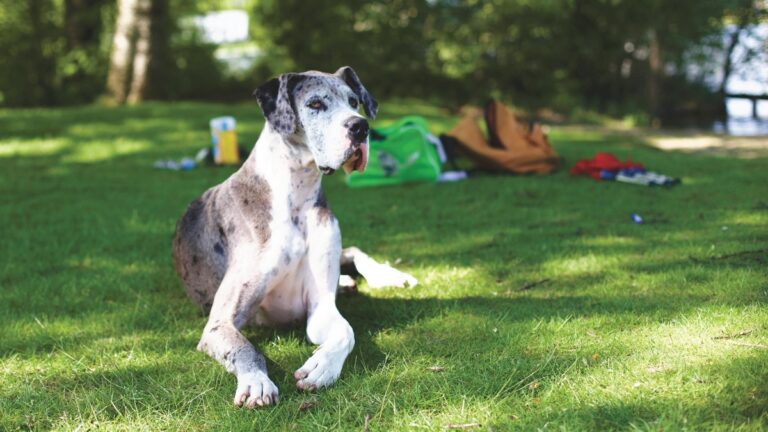Top 12 Mistakes Dog Owners Make And How To Avoid Them
Owning a dog is one of life’s greatest joys, offering companionship, loyalty, and endless moments of happiness. However, along with the wagging tails and warm cuddles comes the responsibility of providing a safe, healthy, and enriching environment for your furry friend.
For first-time dog owners, the challenges of dog ownership can sometimes feel overwhelming. From understanding their unique needs to avoiding common pitfalls, preparation is key. This guide highlights the top ten mistakes dog owners make, helping you start your journey on the right paw and build a strong bond with your canine companion.
Choosing a Dog Based on Looks Alone

A dog’s appearance is only part of the story. Selecting a breed that doesn’t match your lifestyle can lead to frustration for both you and your dog. Research breeds thoroughly to understand their energy levels, temperament, and care requirements. For instance, an energetic Labrador thrives with an active owner, while a quieter breed like a Shih Tzu may suit a more relaxed household. Also, consider factors like shedding, allergies, and compatibility with children before making your decision.
Skipping Early Socialization and Training

Socialization is crucial for a puppy’s development, helping them grow into friendly, confident adults. Introduce your dog to different people, environments, and experiences during their critical socialization window (8-16 weeks). Simultaneously, begin training with positive reinforcement to instill good behavior. Commands like “sit,” “stay,” and “come” are essential for safety and obedience. Even older dogs can learn with patience and consistency.
Underestimating Exercise and Mental Stimulation

Dogs need both physical activity and mental challenges to stay healthy and happy. Simply letting your dog out in the yard isn’t enough. Activities like daily walks, playing fetch, or engaging in agility training provide exercise and stimulation. Without these, dogs can develop destructive habits such as chewing, excessive barking, or digging. A tired dog is a well-behaved dog.
Neglecting Routine Vet Visits
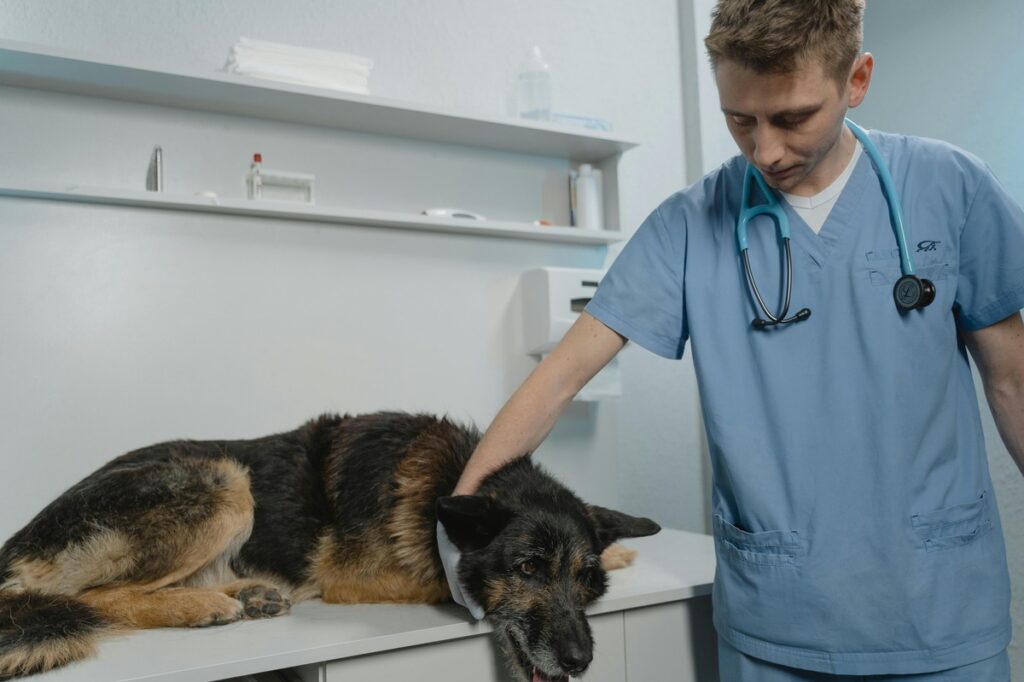
Regular vet check-ups are essential for your dog’s well-being. These visits help detect potential health issues early and keep vaccinations up-to-date. Many illnesses show no obvious symptoms until they become severe, making preventive care crucial. Building a strong relationship with your veterinarian ensures your dog gets the best care throughout their life.
Feeding the Wrong Diet or Overfeeding
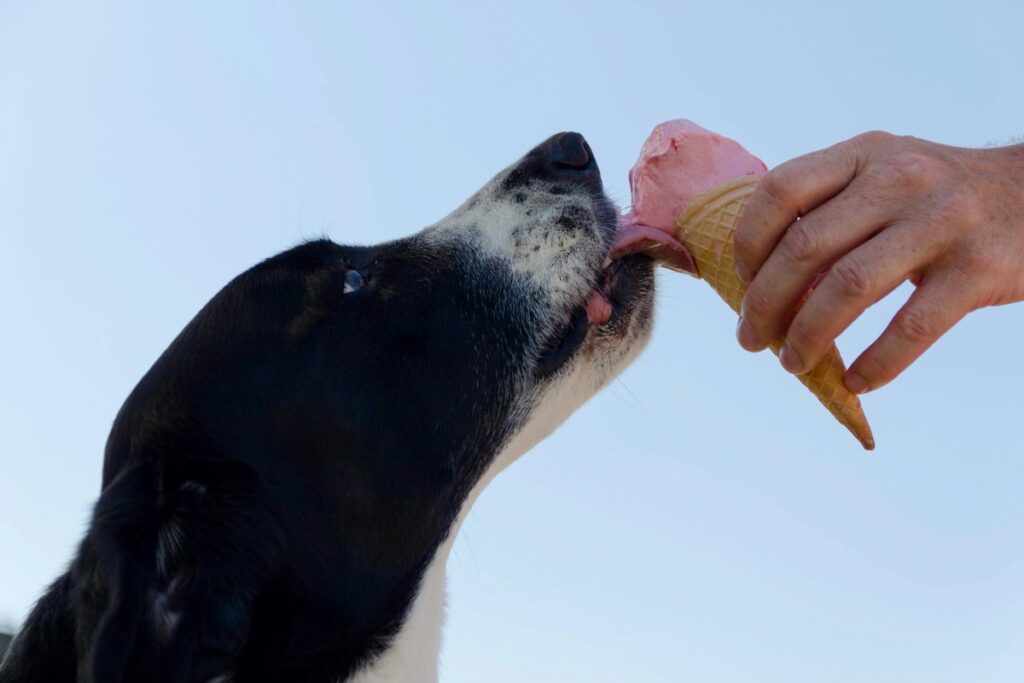
Nutrition plays a vital role in your dog’s health. High-quality, protein-rich foods without unnecessary fillers are the best choice. Overfeeding, whether it’s too much kibble or table scraps, can lead to obesity and related health problems like joint issues and diabetes. Consult your vet for dietary recommendations tailored to your dog’s breed, age, and activity level.
Ignoring Behavioral Problems
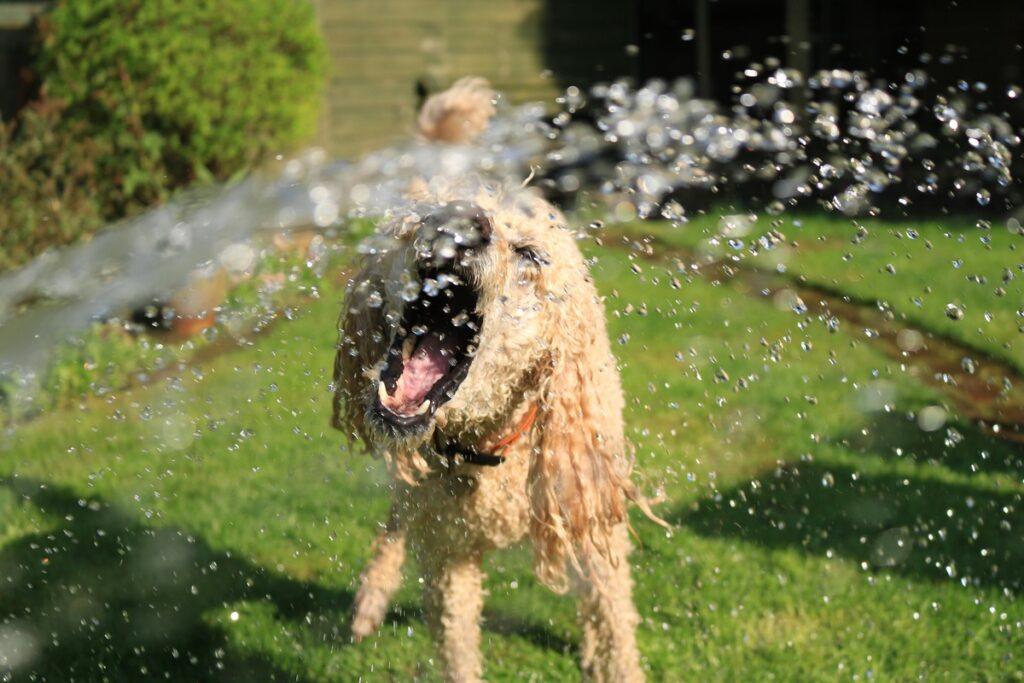
Behavioral issues like jumping, barking, or digging rarely resolve on their own. Address them early with consistent training and positive reinforcement. Waiting too long can make the problems harder to correct. If needed, seek professional help to guide your efforts and ensure your dog becomes a well-mannered member of the family.
Being Inconsistent with Rules and Routines

Dogs thrive on structure and consistency. Establish clear rules for your dog and ensure everyone in your household follows them. For example, decide whether the dog is allowed on furniture or what times meals will be served. Consistent routines provide your dog with a sense of security and help reinforce good behavior.
Failing to Budget for Dog Ownership Costs

Dog ownership comes with ongoing expenses, from food and toys to grooming and vet care. Emergency medical costs can also arise unexpectedly, so it’s wise to plan ahead and budget for these scenarios. Pet insurance can help alleviate some financial burdens and provide peace of mind.
Failing to Protect Against Loss
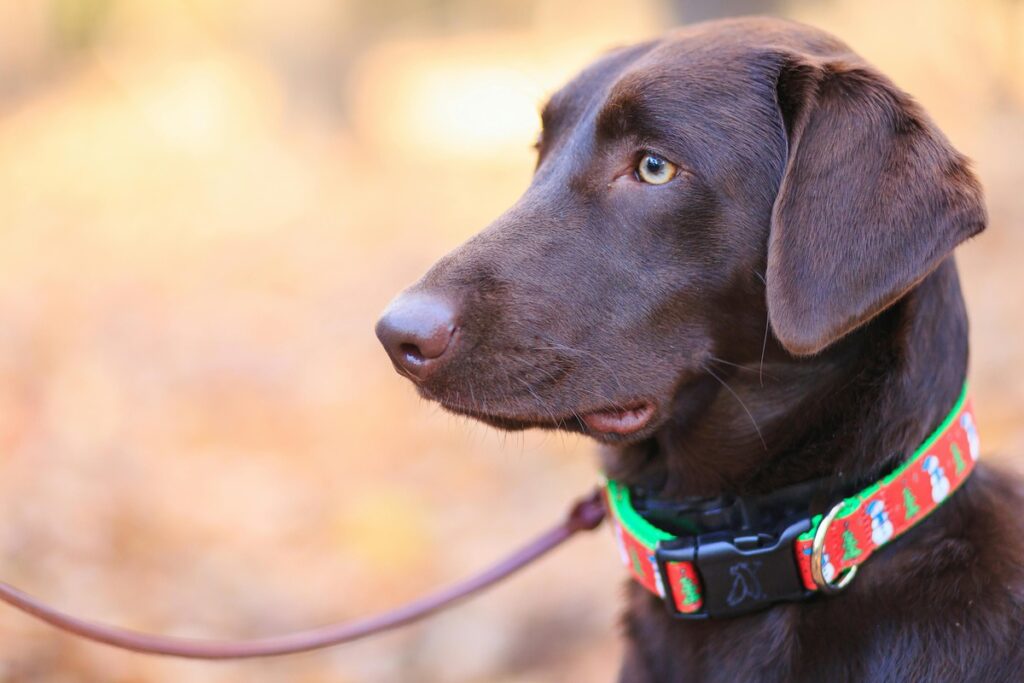
Many dogs go missing each year, often due to avoidable accidents. Always supervise your dog, use a secure leash outdoors, and ensure your yard is fenced. Equip your dog with a collar, ID tag, and microchip to increase the chances of being reunited if they get lost. Being proactive can prevent heartbreak.
Neglecting Grooming Needs

Regular grooming isn’t just about keeping your dog looking their best; it’s essential for their health. Brushing, nail trimming, and ear cleaning should be part of their routine. Some breeds also require professional grooming. Proper grooming reduces shedding, prevents infections, and strengthens the bond between you and your dog.
Not Teaching Alone Time Early On

Many dog owners unintentionally create separation anxiety by constantly being around their pets without teaching them independence. Gradually introducing alone time through short departures and rewarding calm behavior helps dogs feel secure even when their owners aren’t home.
Failing to Recognize Pain or Discomfort

Dogs instinctively hide pain, making it easy for owners to miss signs of discomfort. Subtle changes like reduced activity, excessive licking, or a shift in behavior can indicate a problem. Regular vet check-ups and attentiveness to unusual habits can prevent underlying health issues from worsening.
Conclusion

Dog ownership is a deeply rewarding journey filled with love and companionship. By avoiding these common mistakes, you can ensure your dog leads a healthy, happy life. Remember, no one is perfect, and mistakes are part of the learning process. With patience, consistency, and care, you’ll create a lifelong bond with your furry friend that brings joy to both of you.


